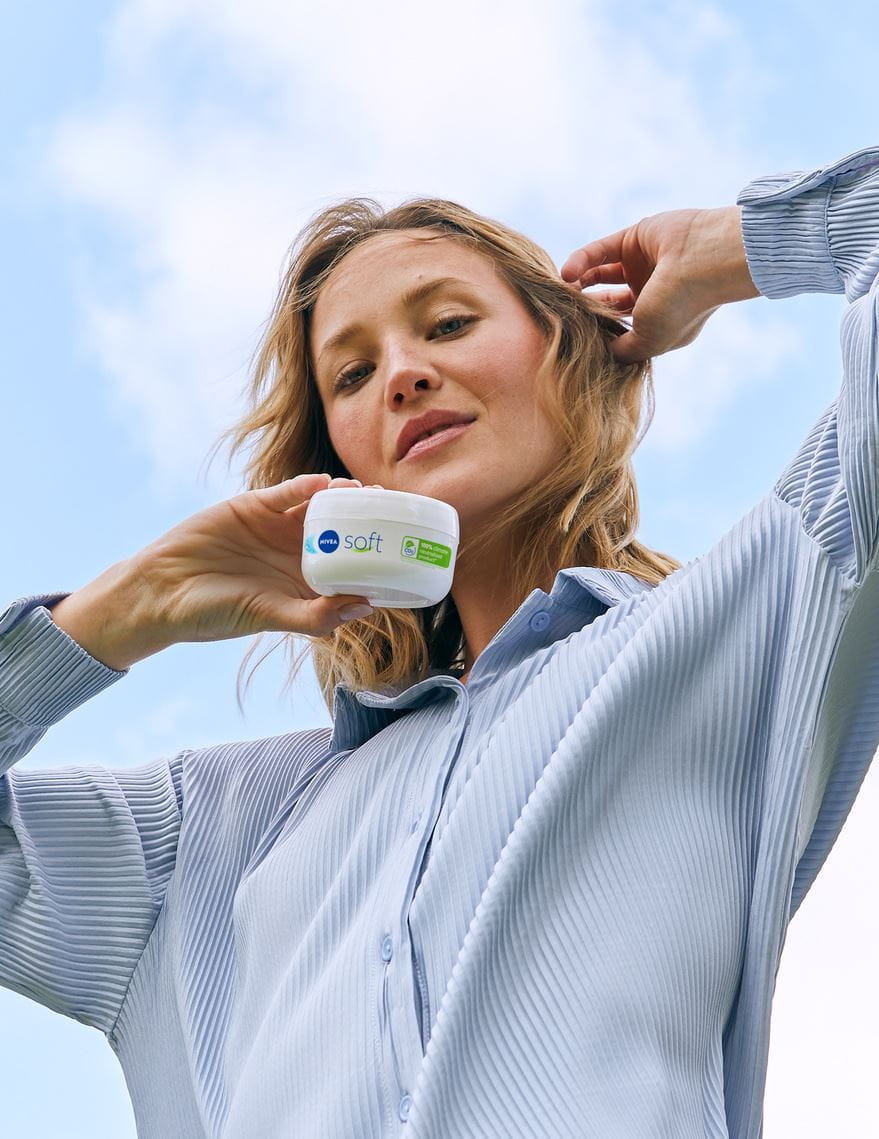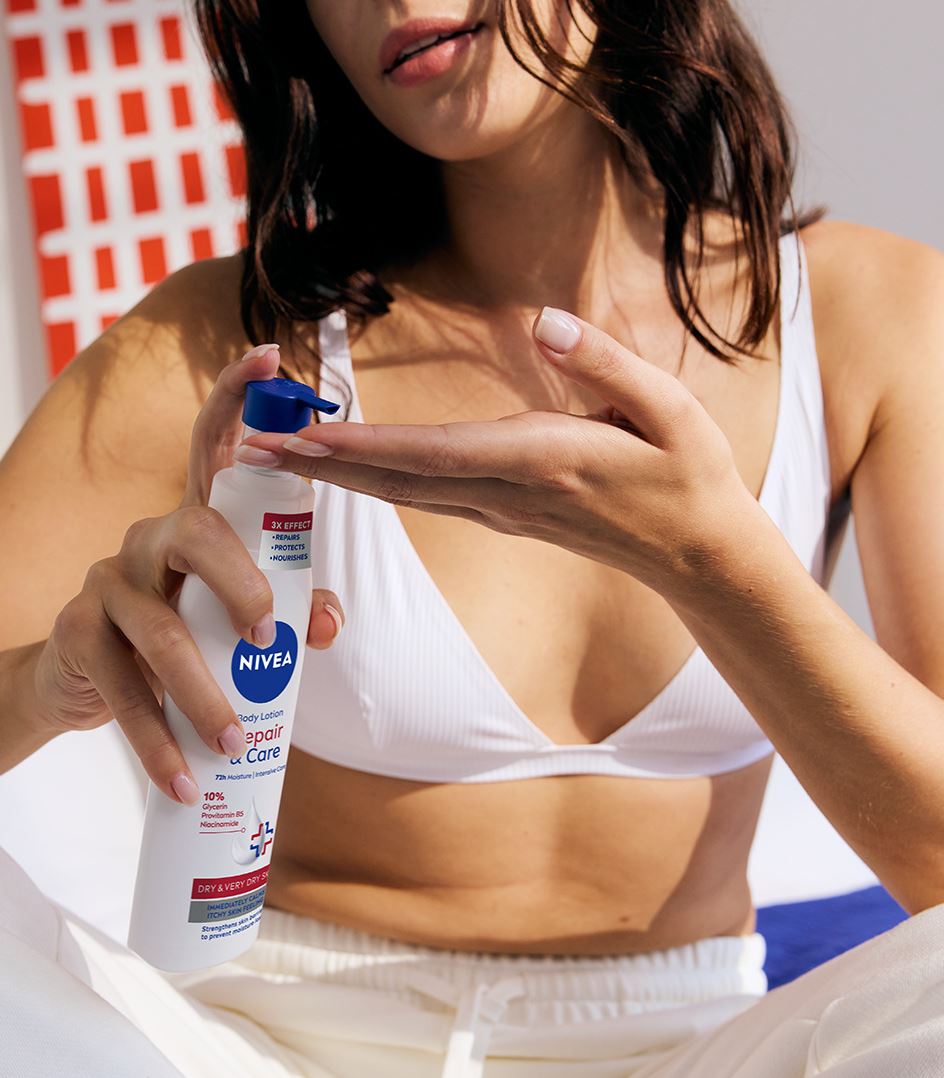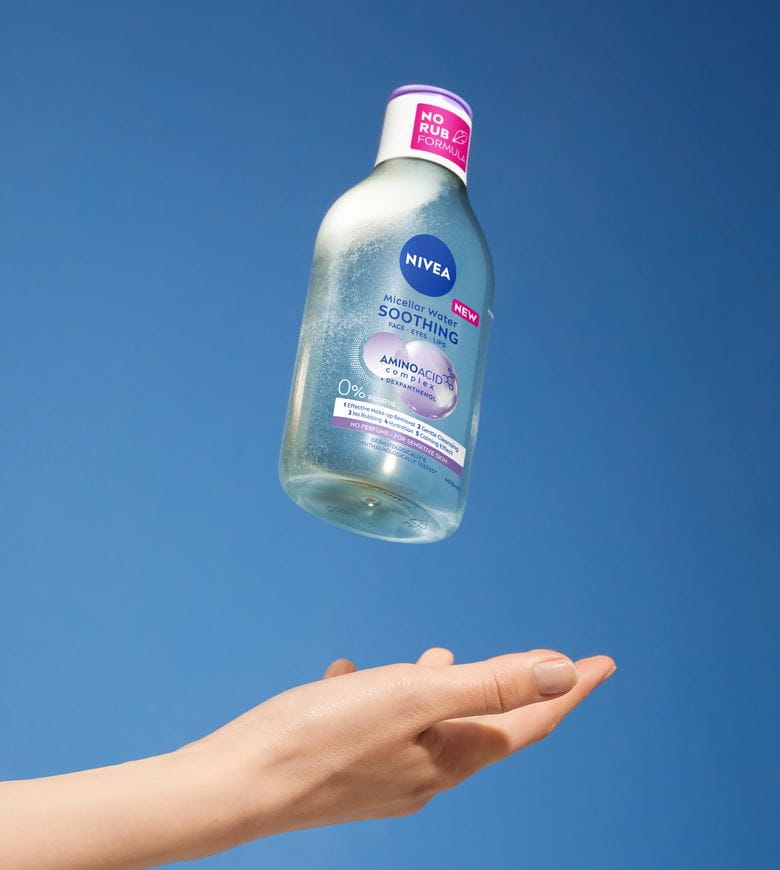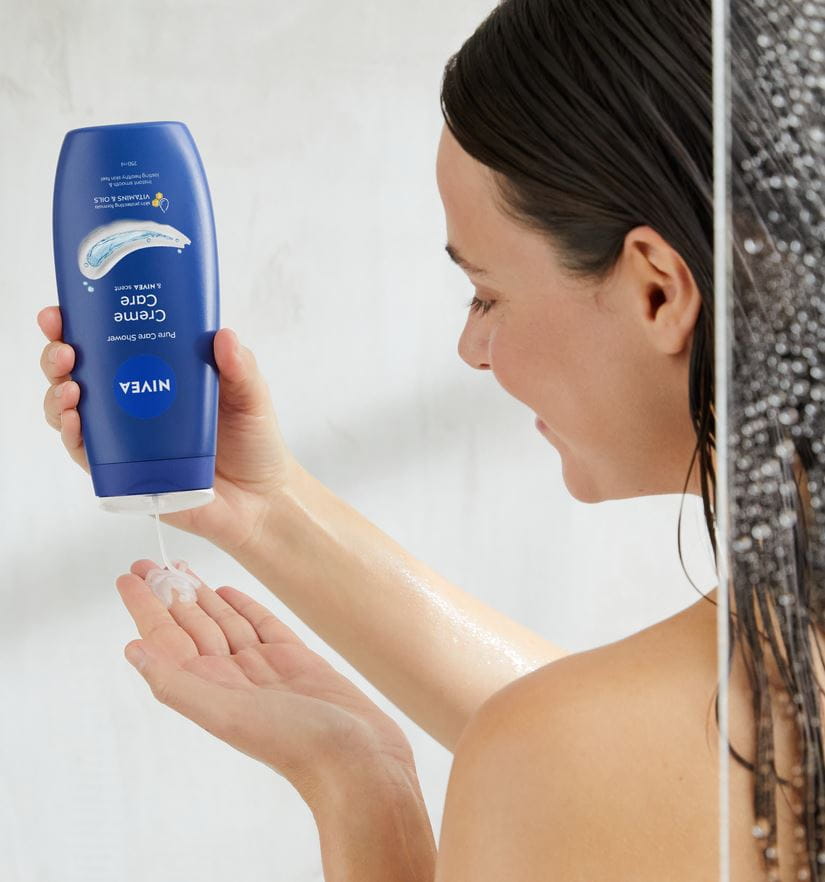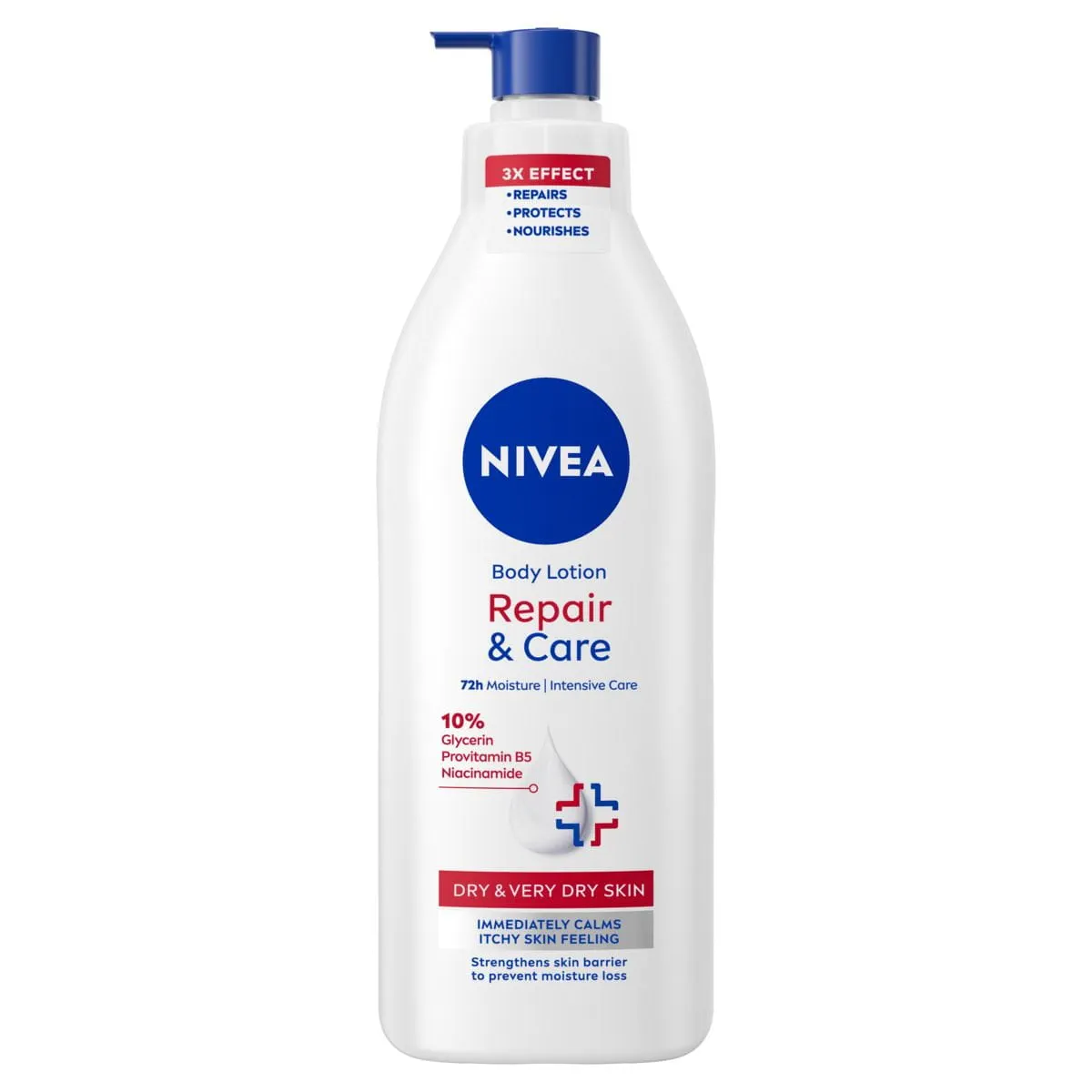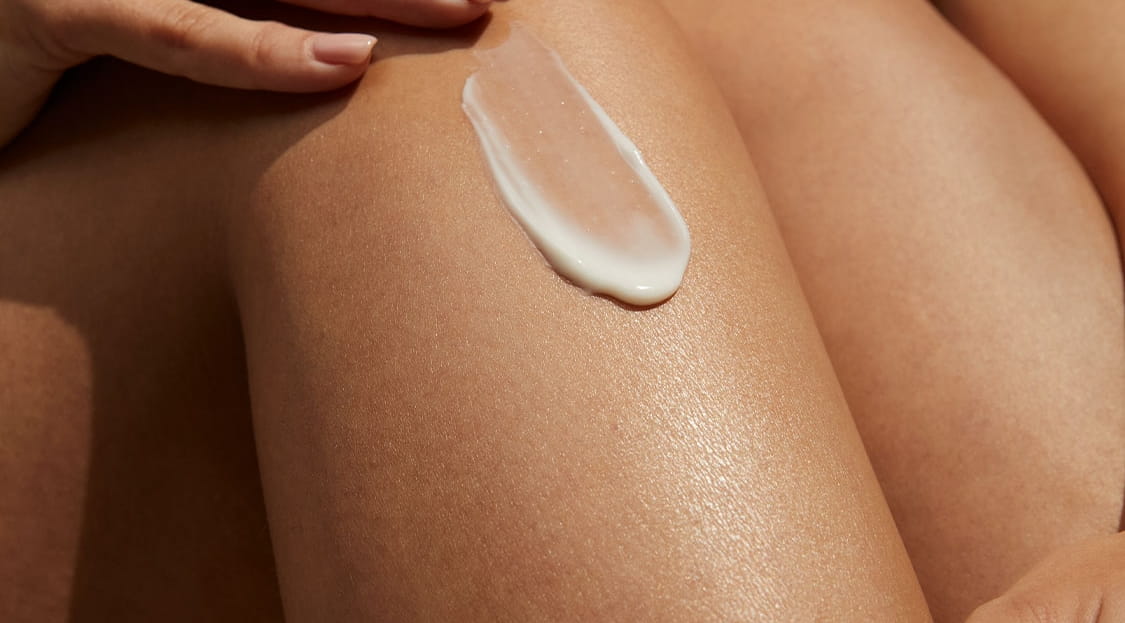
How to Take Care of Your Skin in Winter
Discover essential winter skincare tips to keep your skin hydrated and protected, addressing dryness, sensitivity, and other cold weather effects.
Winter and Skin
Why is Winter Skincare Important?
Winter skincare involves adjusting your daily routine to address the drying effects of the colder weather, which can strip skin of moisture and natural oils. As temperatures drop and the air becomes drier, the skin becomes more prone to dehydration, irritation, and sensitivity. The lighter products used in warmer months may not provide adequate protection, making richer, more hydrating formulas essential.
This seasonal shift is crucial to prevent dryness, roughness, itchy feeling and irritations caused by the lack of moisture. Adapting skincare for winter can help to maintain a healthy-looking complexion despite the harsher environmental conditions.
This seasonal shift is crucial to prevent dryness, roughness, itchy feeling and irritations caused by the lack of moisture. Adapting skincare for winter can help to maintain a healthy-looking complexion despite the harsher environmental conditions.
How is the Skin Impacted by Cold Weather?
Cold air, dry indoor heat, low humidity levels, and harsh winter winds can all strip moisture from your skin. This can leave not only your face but also your hands, feet, and other exposed areas dry and looking less radiant than usual.
5 Tips to Keep Skin Moisturised During Winter
Winter can be harsh on the skin, so maintaining hydration is essential. Here are four easy tips to keep your skin soft and moisturised in colder months:
Skincare for Different Skin Types in Winter
Like any other routine, winter skincare requires a tailored approach as different skin types respond uniquely to the cold weather.
Face Care Routine for Winter
Winter facial skincare involves adjusting your routine to address the challenges that colder weather brings, such as dry air, harsh winds, and indoor heating, which can strip moisture from the skin.
Skincare routine for winter
Facts Overview
Taking care of skin in winter
How to take care of your body in winter
Taking care of your skin during winter requires targeted attention for different areas of your body due to the unique challenges posed by cold weather and low humidity. Here is how to keep each part of your skin healthy in appearance and hydration.
NIVEA Creme & NIVEA Soft: Your Full Body Year-Round Companions
What Ingredients are Best for Winter?
When choosing a cream for winter, it is best to look for products that are richer and thicker than those used in summer. In terms of ingredients, here are a few to look out for in the colder months:
Summary
Weather conditions in winter can lead to dryness and irritation, especially on the face, hands, feet, and exposed areas. You can help to counteract this by moisturising regularly, using a humidifier, and avoiding overly hot water. Apply a rich moisturiser after washing and reapply throughout the day if necessary to maintain hydration. Do not forget sunscreen – winter sun can still damage your skin.
